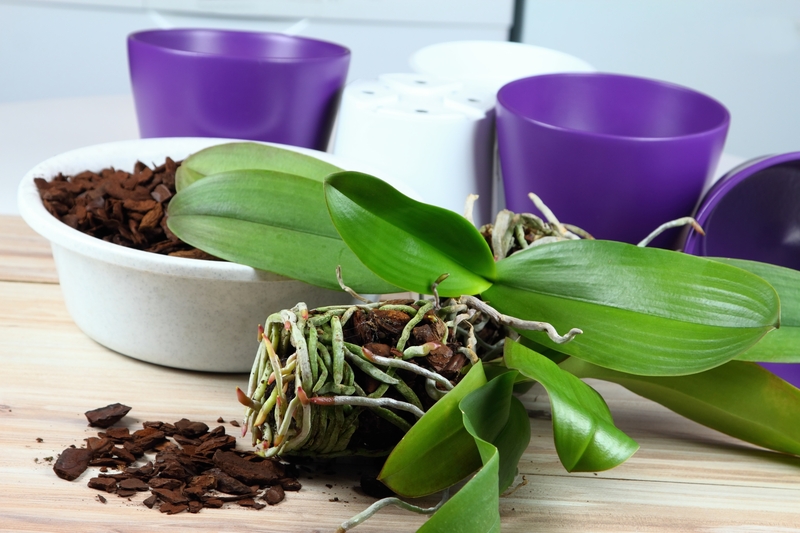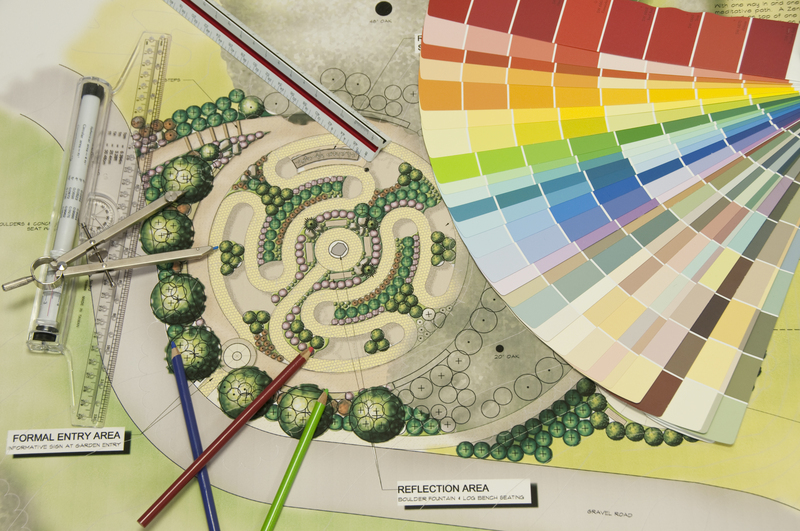Efficient Watering for Gardens
Posted on 17/02/2025
Gardening is a fulfilling hobby that brings joy and beauty to any environment. However, ensuring that your garden thrives often hinges on how well you water your plants. Efficient watering is essential for healthy plants and a sustainable garden. This guide will provide in-depth insights on efficient watering techniques, pros and cons, tips, takeaways, and a conclusion to ensure your gardening efforts yield the best results.
Understanding Plant Needs
The first step in efficient watering is understanding the specific needs of your plants. Different plants have varying water requirements based on their species, soil type, and growth stage. For instance, succulents require less water compared to flowering plants. Overwatering or underwatering can cause significant harm, so it's crucial to know your plants' needs.

Soil Moisture Management
Soil type plays a critical role in water retention and drainage. Sandy soils drain quickly and might require more frequent watering, whereas clay soils retain water longer but are prone to waterlogging. Adding organic matter, such as compost, can improve soil structure and water-holding capacity.
Choosing the Right Time to Water
Timing is crucial when it comes to watering. The best time to water your garden is early in the morning or late in the afternoon. This allows the water to penetrate the soil before it evaporates in the heat of the day, ensuring that plants get the maximum benefit.
Efficient Watering Techniques
Employing efficient watering techniques can make a significant difference in the health of your plants and the sustainability of your garden:
1. Drip Irrigation: Drip irrigation systems deliver water directly to the root zone of plants, minimizing evaporation and runoff. This method is highly efficient and conserves water.
2. Soaker Hoses: Similar to drip irrigation, soaker hoses release water slowly along their length, providing even moisture to the soil.
3. Mulching: Applying a layer of mulch around plants helps retain soil moisture, reduce evaporation, and suppress weed growth.
4. Rain Barrels: Collecting rainwater in barrels can provide a free and sustainable source of water for your garden.
Pros and Cons of Efficient Watering
Pros
- Water Conservation: Efficient watering reduces water wastage, conserving this precious resource.
- Healthier Plants: Proper watering ensures plants receive the right amount of moisture, promoting healthy growth.
- Cost Savings: Using water efficiently can lower your water bills and reduce the need for expensive fertilizers and soil amendments.
- Environmental Benefits: Efficient watering reduces runoff, which can minimize pollution and soil erosion.
Cons
- Initial Setup Costs: Installing drip irrigation systems or rain barrels can require an upfront investment.
- Maintenance: Efficient watering systems need regular maintenance to function correctly.
- Learning Curve: Understanding the specific water needs of different plants and setting up appropriate systems can be challenging for beginners.
Tips for Efficient Watering
- Group Plants with Similar Water Needs: Plant species with similar water requirements together to simplify watering schedules.
- Use a Rain Gauge: Monitor rainfall to adjust your watering practices accordingly.
- Inspect for Leaks: Regularly check irrigation systems for leaks that can waste water.
- Adjust Seasonally: Change your watering schedule based on the season and the weather conditions.
- Use a Moisture Meter: Invest in a soil moisture meter to ensure the soil is not too dry or too wet.

Takeaways
Efficient watering is not just about conserving water but also about fostering a healthier garden. By understanding your plants' needs, choosing the right time to water, and employing efficient watering techniques, you can create a sustainable and thriving garden. Grouping plants with similar water requirements and using tools like rain gauges and moisture meters can further optimize your watering practices.
Conclusion
Efficient watering for gardens is essential for both the health of your plants and environmental sustainability. By understanding the water needs of your plants, managing soil moisture, choosing the appropriate time to water, and implementing efficient watering techniques, you can ensure that your garden remains vibrant and sustainable. While there are some initial challenges and costs, the long-term benefits of efficient watering make it a worthwhile investment for any gardener.
In summary, efficient watering involves a combination of knowledge, techniques, and tools that together create a thriving and sustainable garden. By following the tips and takeaways outlined in this guide, you can master the art of efficient watering and enjoy the beauty and bounty of a well-tended garden.
Latest Posts
Inspiring Ways to Refresh Your Garden This Autumn Season
A Step by Step Guide to Keeping Artificial Grass Fresh and Spotless
Creative Planting Ideas to Design a Serene Zen Oasis







